The Good Scientists: a student-driven initiative making science actionable for good

Global challenges like the COVID-19 pandemic and the climate crisis are changing the way scientists perceive their role in society. Nowhere is this effect more visible than in our younger generations. Motivated by a desire for civic participation, many young students are opting to pursue careers in research and the natural sciences. But academic ecosystems are often ill-suited to deliver social impact, lacking opportunities for scientists to connect with citizens. Presently, most technology transfers and knowledge flows involve collaborations between universities and industrial actors, leaving local stakeholders and the third sector (i.e., nonprofits) excluded from the equation.
The Good Scientists was born out of this realization. We are a non-profit initiative designed to create opportunities for collaboration between scientific, humanitarian and environmental projects. Our 14 volunteers are based in 11 countries across Europe and North America. Our solution includes building an online platform where scientists and nonprofit organizations can connect and collaborate to make science more actionable. We offer opportunities for researchers to lend their expertise to the third sector and to participate in projects with tangible social impact. Our online tools circumvent the geographical and sectoral barriers that impede innovative collaborations between science and society. We tap into growing sentiments of optimism, of civic duty, of desire for impact, shared widely among researchers to imagine the future of science and redefine its role in service of society.
To achieve this goal, we built the 'TGS Science4Good Marketplace', an online repository of active humanitarian and environmental projects provided by citizens, civil society organizations and nonprofits. Scientists and stakeholders can browse ongoing projects via the platform’s interface, interact with each other to develop scientific projects or collaborate on existing ones, as well as provide and receive advice, exchange data, and access funding opportunities. Our parallel MatchMaking platform is powered by artificial intelligence to suggest collaborations between specific researchers and organizations with overlapping interests.
Connecting to the environmental and social sectors
One of the factors presently limiting the development of science-society collaborations is the tendency of academic and industrial research to isolate itself away from the socio-political fabric. One stringent example is provided by the field of biotechnology, whose many breakthroughs have been slow to find use in the environmental and social sectors. We believe in citizen-driven science, the development of research questions by citizens for citizens, and support increasing the involvement of civic organizations in the design of scientific projects at an early stage. Ultimately, we believe research funded by the public’s money should be actionable to, and in service of, society.
Our mission to better connect scientists with social and civic organizations invites us to reflect on the present limits of how science is communicated with the public. In the traditional scheme of scientific communication, the scientist’s perspective steers the communication. We at The Good Scientists propose an alternative model of communication wherein scientific and civic actors both get a chance to voice perspectives. This vision led us to launch Undoing the Ivory Tower, a monthly newsletter published online, which invites writers from a wide range of scientific and non-scientific backgrounds to contribute opinion pieces and engage in constructive dialogue regarding the role of science throughout history and the present day. We are currently accepting submissions from guest authors for future issues of the newsletter. Details on how to participate or contact us can be found on our website.
Current and future activities
We believe in powering our movement through effective education and a culture of inclusive participation. In this light, we have organized several international workshops and conferences. This past June, we took part in a Career Symposium at the Medical University of Graz, in Austria, where we shared opportunities for non-profit work with students across the natural sciences. In September, we organized the symposium 'Engaging Early Career Scientists in Social Impact' in Braunschweig, Germany, to present concrete strategies for contributing to social impact projects beyond the traditional academic track. In the future, we plan to bring together panels of policy makers, scientists, and public officials from NGOs, governmental and intergovernmental organizations to share testimonies and inspire greater scientific engagement in service of society.
The Good Scientists is built on a shared belief: that science should be shaped by the people it aims to benefit. Our movement is young, but its momentum is growing. If you would like to participate, you can pre-register to our Science4Good project marketplace or join our team of volunteers.
Top image by The Good Scientists
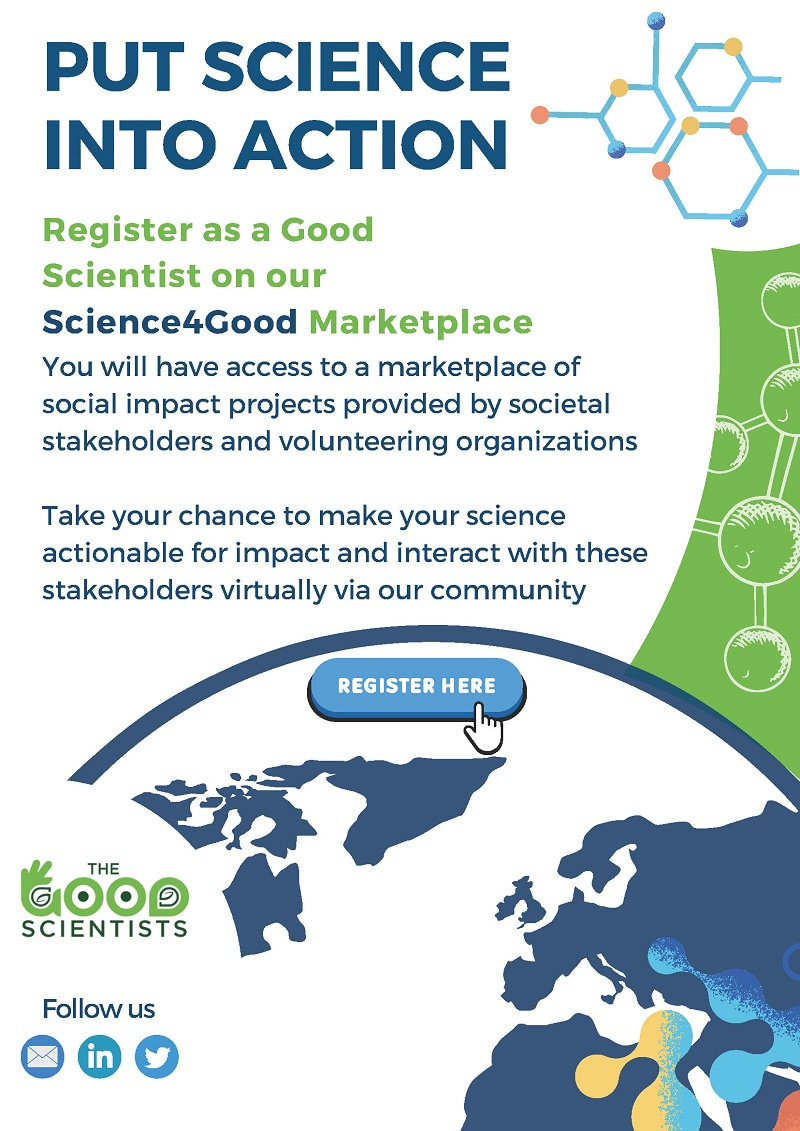
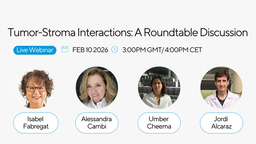
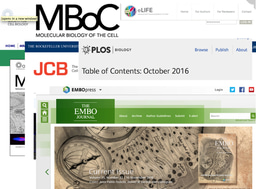
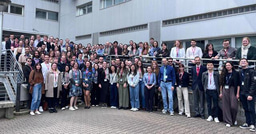
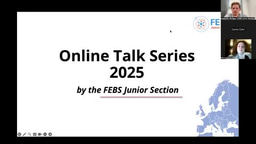

Join the FEBS Network today
Joining the FEBS Network’s molecular life sciences community enables you to access special content on the site, present your profile, 'follow' contributors, 'comment' on and 'like' content, post your own content, and set up a tailored email digest for updates.